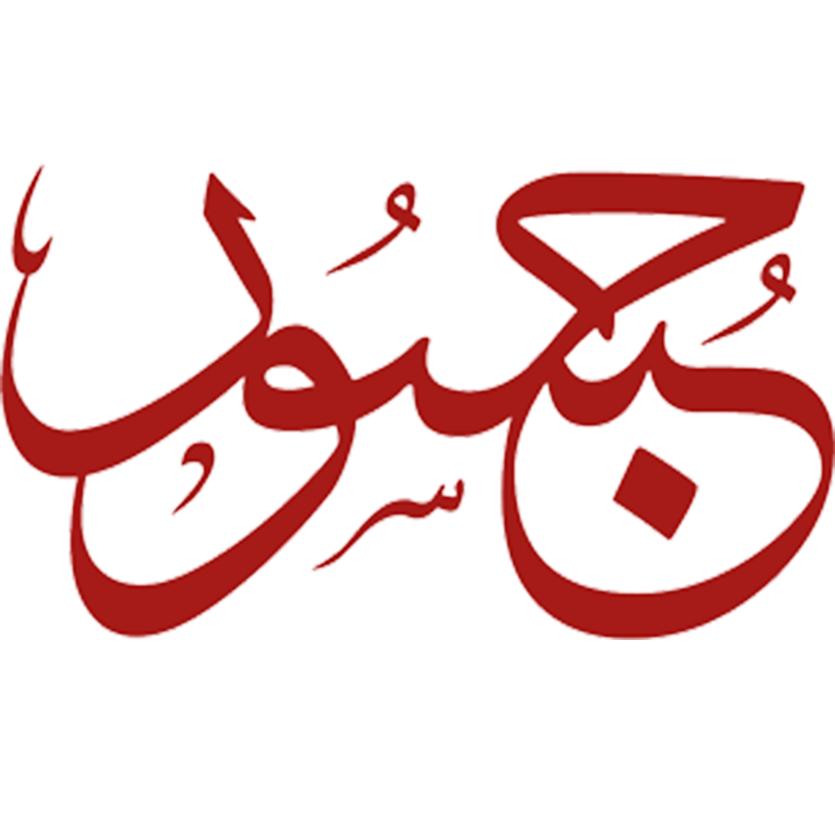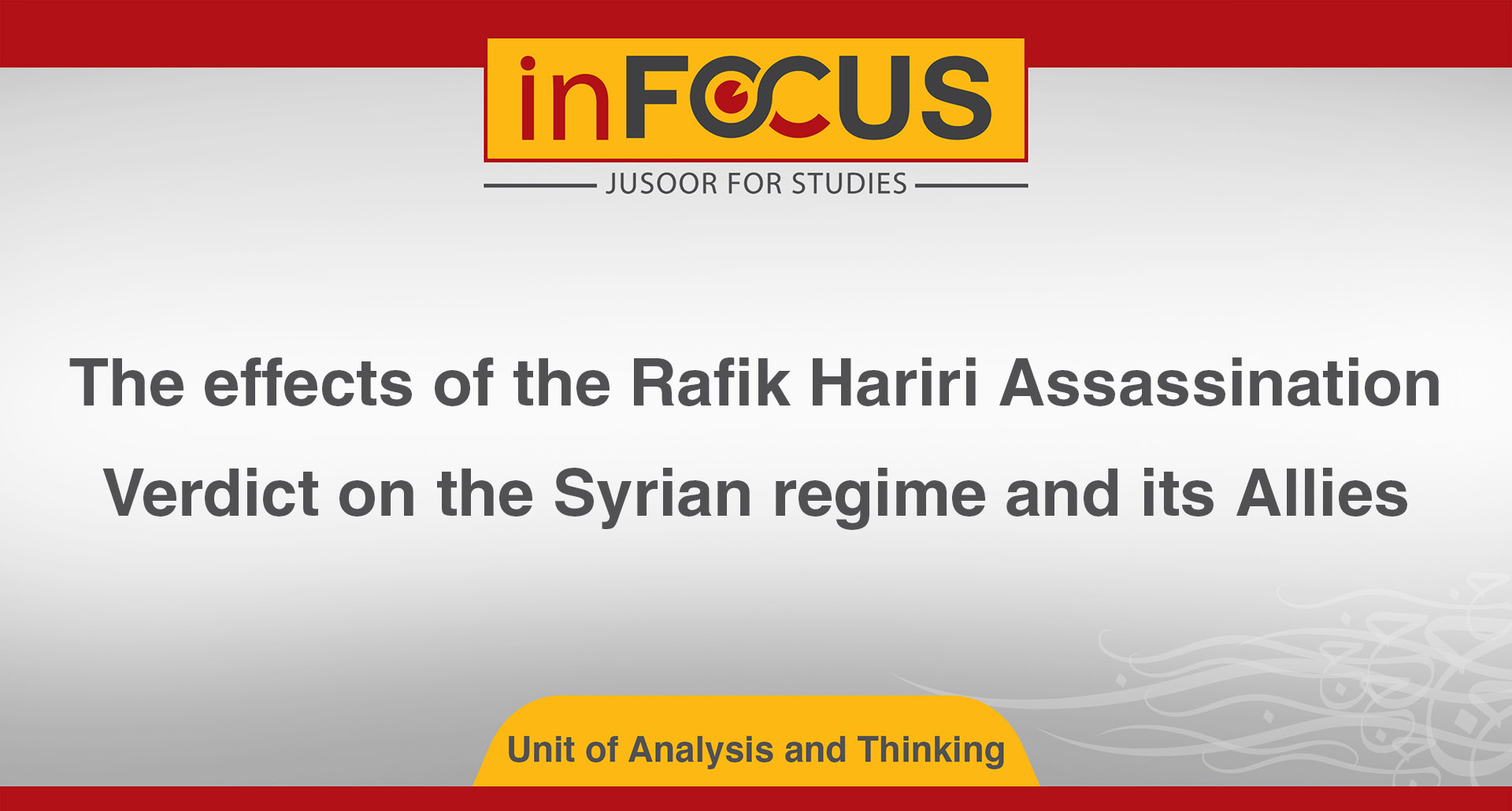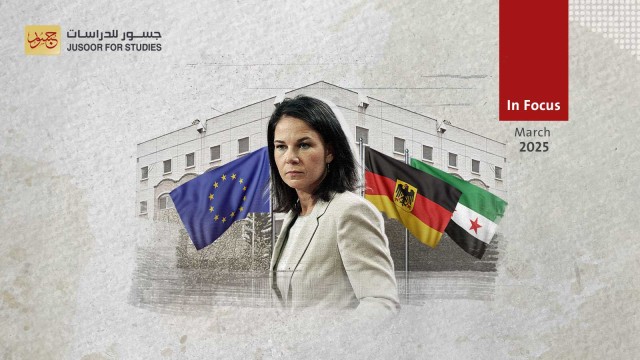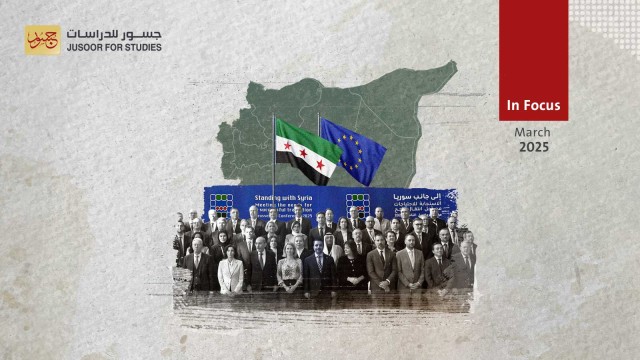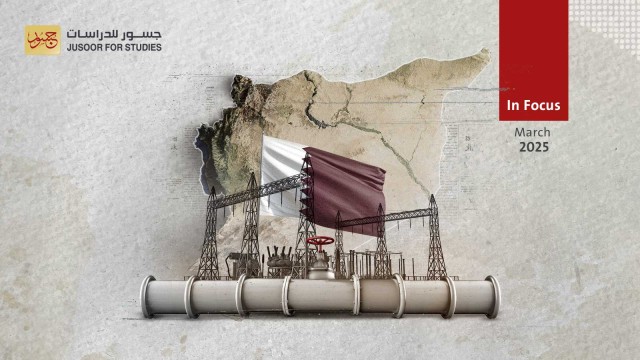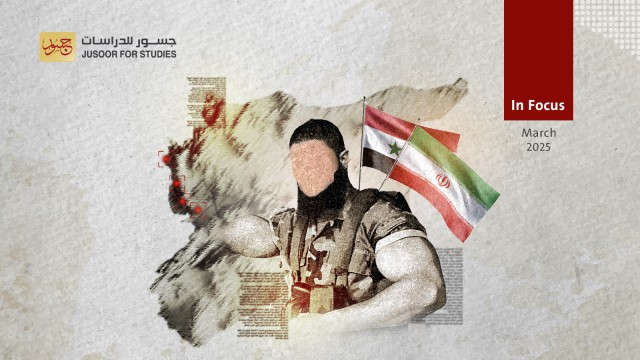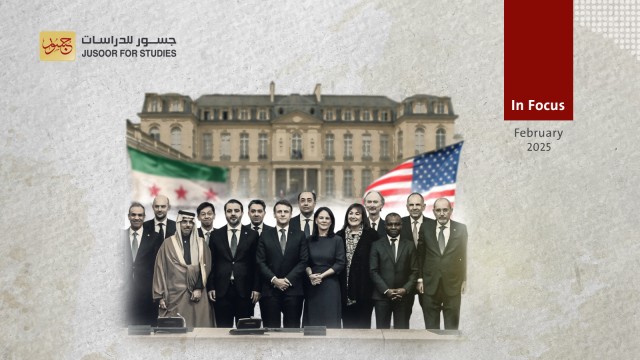The effects of the Rafik Hariri Assassination Verdict on the Syrian regime and its Allies
In Focus | The effects of the Rafik Hariri Assassination Verdict on the Syrian regime and its Allies
The Special Tribunal for Lebanon (STL), an international court established in The Hague in the Netherlands, issued a verdict in the case of the assassination of the former Prime Minister of Lebanon, Rafik Hariri 15 years after his assassination on August 18, 2020.
The STL decision condemned Salim Ayyash, a Lebanese Hezbollah member, and indicted him on charges of managing the team that carried out the assassination. Ayyash was also indicated for monitoring Rafik Hariri, in coordination with Mustafa Badreddin the Hezbollah Security Leader, in preparation for Hariri’s assassination. The court also charged Ayyash with purchasing the truck used in the assassination operation and attempting to fabricate evidence including a recording attributed to a jihadist group claiming responsibility for the assassination.
Although the court specializes in criminal jurisdiction, it indicated in the verdict that the assassination was politically motived as the assassination was carried out after Hariri’s meeting with Walid Jumblatt in the Bristol Hotel to discuss a joint move against the Syrian regime presence in Lebanon. The court also referred to the timing of the incident, which coincided with Walid al-Muallem’s, the Syrian Minister of Foreign Affairs, visit to Lebanon.
The STL’s verdict may have the following political effects on Hezbollah and the Syrian regime:
1. Hezbollah: Although the verdict included the phrase, “there is no evidence that the assassination was ordered by the leadership of Hezbollah,” it still condemned Salim Ayyash, who is affiliated to the party. The condemnation opens the door to demands for Ayyash to be handed over, and, therefore, the party refusing to hand him over would be considered evidence of the party’s involvement.
The decision will be capitalized on by local actors, led by the Future Movement, in order to pressure Hezbollah to rearrange the political scene in Lebanon while reducing Hezbollah’s influence. Some international actors, led by the United States of America, may seek to capitalize on the decision to reopen the Hezbollah weapons file and demand the removal of the party’s weapons.
2. Syrian Regime: The court’s decision indirectly referred to the responsibility of the Syrian regime in the assassination as it accused the Lebanese security services that were operating under the supervision of the Syrian regime of removing evidence from the crime scene.
The decision will allow the Lebanese political forces refusing to restore official relations with the Syrian regime to cling to their point of view and continue opposing the regime’s allies in Lebanon, led by Hezbollah, on this issue.
International parties such as the USA may use the court’s decision to support its demands in the region, which include establishing a regime in Syria that is “not threatening” to neighboring countries.
Unit of Analysis and Thinking - Jusoor for Studies
To visit the English Telegram channel: Click here
